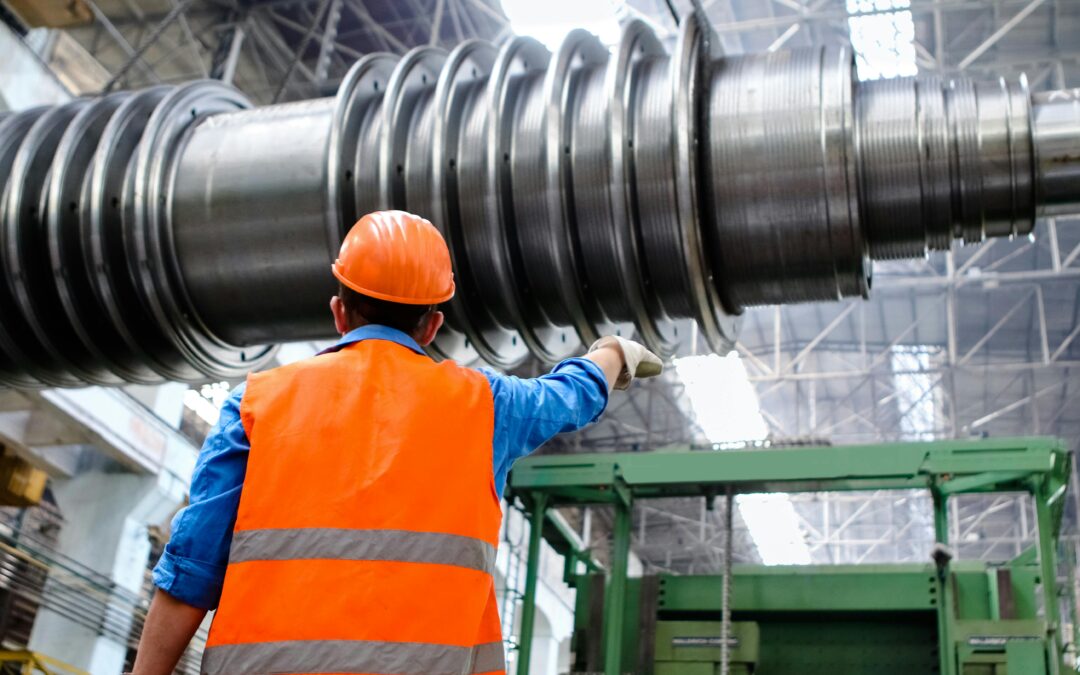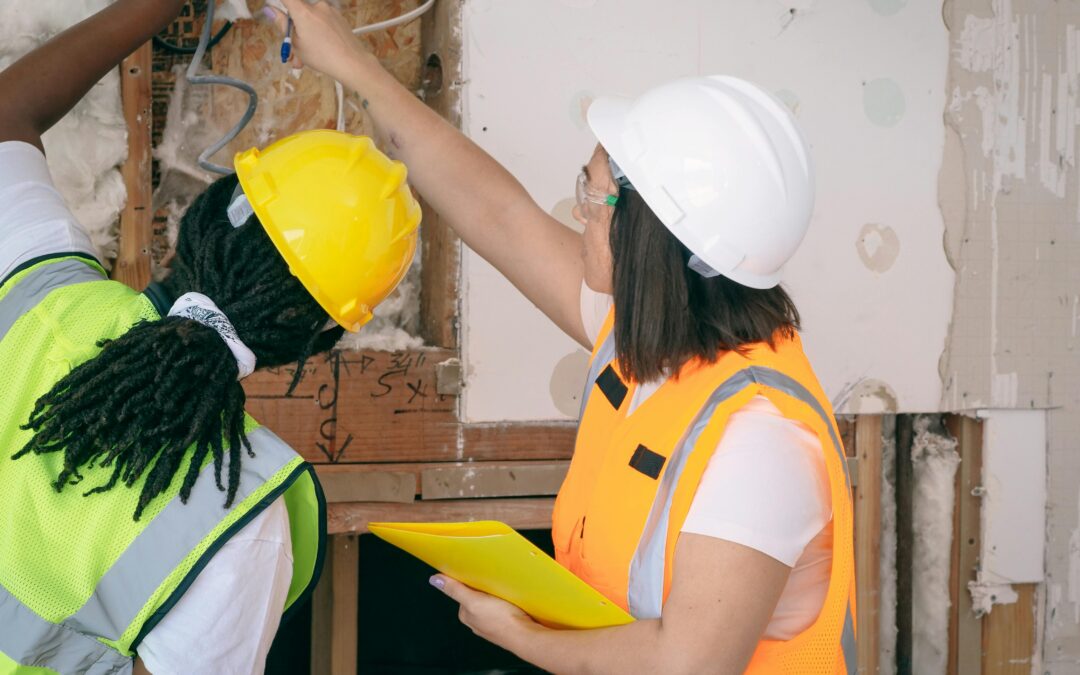Introduction: The Value of Certified Pipefitters in Industry
Pipefitters are the backbone of industrial construction projects—installing and maintaining the piping systems that carry essential fluids, gases, and steam across facilities. From refineries to power plants, having the right team of certified pipefitters isn’t optional—it’s a necessity.
But in today’s competitive and compliance-heavy environment, pipefitter certifications such as NCCER credentials and OSHA safety training set apart the most reliable and employable workers. Companies that prioritize certified crews not only reduce risks but also gain efficiency, quality assurance, and peace of mind.
What Are Pipefitter Certifications?
Pipefitter certifications verify a worker’s skills, knowledge, and safety competence in handling complex piping systems. These certifications:
- Demonstrate competency in blueprint reading, welding, and installation.
- Validate safety training to reduce workplace hazards.
- Ensure compliance with national standards and employer requirements.
Commonly, employers seek candidates with NCCER certifications and OSHA safety credentials, as they are industry-recognized standards.
NCCER Certification: The Gold Standard in Skilled Trades
The National Center for Construction Education and Research (NCCER) sets the benchmark for skilled trade training in the U.S. Their pipefitting program is widely respected for its depth and rigor.
What NCCER Pipefitter Certification Covers
- Basic safety and construction math
- Blueprint reading and pipe system layouts
- Fabrication and installation techniques
- Rigging, welding, and testing methods
- Advanced piping system assembly
NCCER-certified pipefitters not only meet technical requirements but also bring documented proof of training, making them highly employable and trusted on industrial job sites.
Why Employers Value NCCER-Certified Pipefitters
- Standardized Training – Ensures all workers meet the same skill benchmarks.
- Portability – Certifications are recognized nationwide, making hiring easier.
- Increased Productivity – Workers require less supervision and rework.
- Reduced Liability – Certified workers help maintain compliance with industry regulations.
For large-scale industrial projects, NCCER certification often moves from “preferred” to “mandatory.”
OSHA Safety Training: The Other Essential Certification
While NCCER validates trade skills, OSHA (Occupational Safety and Health Administration) training ensures pipefitters understand workplace safety standards.
Key OSHA Training Courses for Pipefitters
- OSHA 10-Hour Training – Entry-level safety awareness.
- OSHA 30-Hour Training – Supervisory-level safety training.
- Hazard Communication Standards – Understanding chemicals and materials.
- Lockout/Tagout (LOTO) – Controlling hazardous energy during maintenance.
For pipefitters working around heavy machinery, pressurized systems, and hazardous environments, OSHA certifications aren’t just nice to have—they’re life-saving.
Pipefitter Certifications: The Safety and Compliance Advantage
Certified pipefitters contribute to safer and more efficient job sites. The combination of NCCER and OSHA certifications provides:
- Reduced Accident Risk – Workers know how to avoid and respond to hazards.
- Regulatory Compliance – Employers meet federal and state safety mandates.
- Higher Quality Work – Skilled tradesmen follow industry best practices.
- Lower Insurance Costs – Safer job sites often lead to reduced premiums.
This dual certification approach protects both workers and employers from costly setbacks.
How Certifications Boost Career Opportunities for Pipefitters
For workers, certifications aren’t just about compliance—they’re about career growth. Benefits include:
- Better Job Security – Certified pipefitters are always in demand.
- Higher Wages – Employers often pay premiums for certified workers.
- More Advancement Opportunities – Supervisory and leadership roles often require OSHA 30 or NCCER advanced certifications.
- Mobility – Certifications are portable, giving workers more freedom to work across states and industries.
Industries Requiring Certified Pipefitters
Pipefitters with NCCER and OSHA training are particularly in demand in:
- Oil and Gas Refineries
- Power Generation Plants
- Chemical Processing Facilities
- Manufacturing Plants
- Shipbuilding and Offshore Projects
Every industry that relies on safe, efficient piping systems values certified talent.
Challenges Without Certified Pipefitters
Companies that skip certification requirements may face:
- Increased safety risks leading to injuries or fatalities.
- Regulatory fines for non-compliance with OSHA standards.
- Delays and rework due to lack of standardization.
- Higher turnover—unqualified workers often don’t stay long.
The cost of uncertified labor often outweighs any short-term savings.
Role of Staffing Agencies in Supplying Certified Pipefitters
Staffing partners like Industrial Construction Services make it easier for employers to find the right talent. They:
- Maintain a pre-screened pool of NCCER- and OSHA-certified pipefitters.
- Verify certifications before workers arrive on-site.
- Scale crews quickly to meet project deadlines.
- Reduce hiring risks and HR overhead for employers.
This partnership ensures companies get workers who are ready, qualified, and compliant from day one.
Steps to Becoming a Certified Pipefitter
For those pursuing a career, here’s the typical path:
- Gain entry-level experience through apprenticeships or trade schools.
- Complete NCCER training modules in pipefitting.
- Take OSHA 10 or OSHA 30 courses for safety compliance.
- Pass certification exams to validate skills.
- Pursue advanced training for specialized systems or supervisory roles.
This structured approach ensures long-term career growth in the industry.
FAQs About Pipefitter Certifications
- What is NCCER certification for pipefitters?
It’s a nationally recognized credential that validates a pipefitter’s technical skills and knowledge in the trade. - Why is OSHA training important for pipefitters?
OSHA certifications ensure workers understand and follow essential safety standards, reducing accidents and fines. - How long does it take to earn pipefitter certifications?
Depending on the level, NCCER certification can take several months, while OSHA training courses can be completed in 10–30 hours. - Do all employers require pipefitter certifications?
While not universal, most industrial projects—especially in oil, gas, and power—now require NCCER and OSHA credentials. - Can staffing agencies provide certified pipefitters?
Yes, reputable staffing firms pre-screen candidates for certifications to ensure compliance and quality. - Are pipefitter certifications worth it for career advancement?
Absolutely—certifications lead to better pay, more job opportunities, and stronger job security.
Conclusion: Building Safer, Smarter Crews with Certified Pipefitters
In industrial construction, the value of pipefitter certifications cannot be overstated. Workers with NCCER credentials and OSHA training bring proven skill, safety awareness, and compliance to every project. For employers, this means reduced risks, fewer delays, and a stronger bottom line.
For pipefitters, certifications are the gateway to higher wages, job security, and long-term success. For companies, partnering with a staffing agency ensures access to the right talent mix: qualified, certified, and ready to perform.
👉 Whether you’re building your career or staffing your next project, remember: certified crews aren’t just the better option, they’re the only option for safe, efficient, and compliant industrial work.


